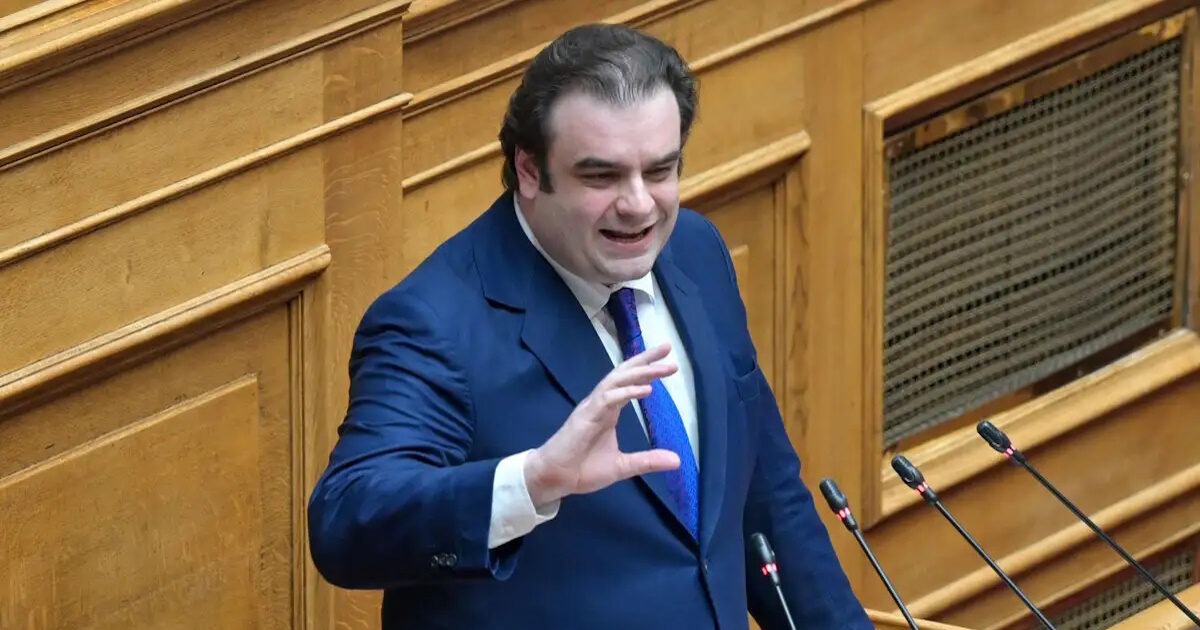The strengthening of growth in the coming years goes through four axes, investmentsexports, productivity and transition to a new production model, with speed in decisions and implementation, was the central message of the Minister of Finance Kyriakou Pierrakakisin his opening speech at the 8th Athens Investment Forum.
Kyriakos Pierrakakis emphasized the need for “private catalysts” that will leverage public investments and financing packages.
According to him, the results of the policy are already reflected in the draft budget 2026, which foresees a growth rate of 2.4%, with 0.6 percentage points coming from the tax reform announced at the TIF. At the same time, the ratio of investments to GDP rises to 18% from 11% in 2019, while direct foreign investments of the period 2019-2024 are equal to those made from 2002 to 2018.
Regarding public investments, he underlined that, in addition to the Recovery Fund, “he is running” the largest Public Investment Program in history. However, the end of the RRF makes it critical to couple public and private resources so that the multiplier effect of the reforms that accompanied the RRF is sustained.
On the export front, the ratio to GDP has reached 42% compared to 20% before the crisis, with the European average at 51%. The target, as he said, should be even higher due to the size and openness of the Greek economy. Increasing productivity, particularly through the adoption of artificial intelligence, is the third pillar.
At the European level, he invoked the Draghi analysis of “internal tariffs” in the EU (110% in services, 44% in manufacturing) and called for the completion of the single market with more cross-border mergers and acquisitions. He cited the UniCredit-Alpha moves and Euronext’s proposal for the Athens Stock Exchange as examples.
In the national field, he set three priorities: removal of national obstacles by continuing the digitization beyond the 2,200 services of gov.gr (~5,500 in total), utilization of public property and the properties of inactive non-profit institutions with a new law, and targeted sectoral policies. For the Superfund, he suggested a more aggressive search for strategic investors with a geopolitical perspective, citing energy strategy and the vertical corridor as examples.
Special mention was made of higher education: the institutionalization of non-state universities and the internationalization of public institutions can, according to a study cited, add about 1% of GDP over time, attracting foreign students and retaining Greeks who are currently leaving.
In closing, Pierrakakis spoke of a “change in thinking” and set as the only criterion the speed of decision-making and implementation, calling on the state and businesses to “run” faster in order to release the full potential of the economy.
